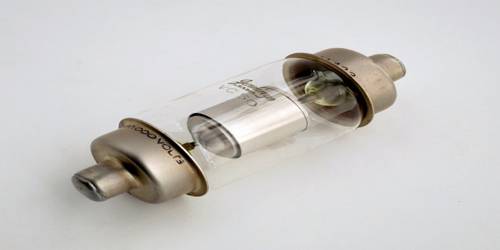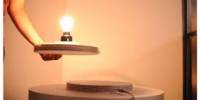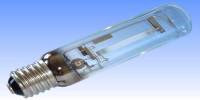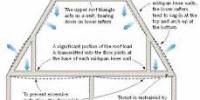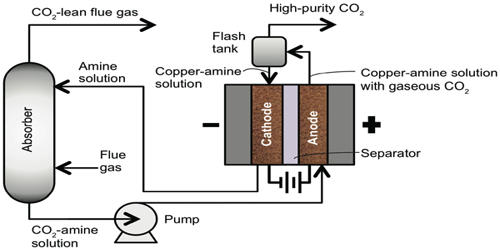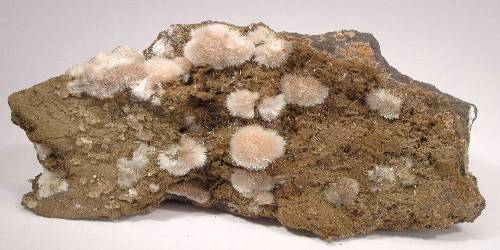Glass capacitors are used where the ultimate performance is required for RF circuits. Glass dielectric capacitors offer very high levels of performance, although their cost is high when compared to many other forms of the capacitor. Typically a glass capacitor will have a relatively low capacitance value. The values of glass capacitors may range from a fraction of a picofarad up to two to here thousand picofarads. As such these capacitors are used mainly in radio frequency circuit design.
Glass capacitor applications
Glass capacitors can find applications in many areas as a result of their performance characteristics. They do tend to be specialist components and are normally fairly costly.
Circuits exposed to temperature extremes: With the tolerance to a wide range of temperatures, both high and low, some circuits that may be exposed to very harsh environmental conditions may choose to use glass capacitors. Not only can they withstand high and low temperatures, but they do not change value at these extremes by a great amount. Accordingly, remote sensors may choose to use glass capacitors.
Applications requiring a high Q circuit: Many circuits including oscillators and filters may require high Q components to give the required performance. Filters will be able to attain their required bandwidth, and for oscillators, there are a number advantages including improvement of phase noise performance, reduction in drift and reduction of spurious oscillations.
Low microphone requirements: It may be expedient to use glass capacitors in circuits where microphony may be a problem. RF oscillators including those found in phase locked loops and PLL synthesizers may benefit from their use.
High power amplifiers: The high current capability of glass capacitors may enable their use in RF power amplifiers where other forms of the capacitor would not be suitable.
High tolerance areas: In many areas such as filters or free running oscillators the high tolerance and precision accompanied by the low-temperature coefficient may be required to maintain the tolerances within a precision circuit.
While the performance of glass capacitors is exceedingly high, this is also usually reflected in the cost – it can run into many pounds or dollars for each component. As such glass dielectric capacitors are reserved only for the most exacting RF requirements, often on low volume products where cost is not such an issues as it is in high volume products. The supply of glass capacitors is also limited to a small number of manufacturers and suppliers, and the capacitors may not be available ex-stock.
http://www.radio-electronics.com/info/data/capacitor/glass-dielectric-capacitors.php
